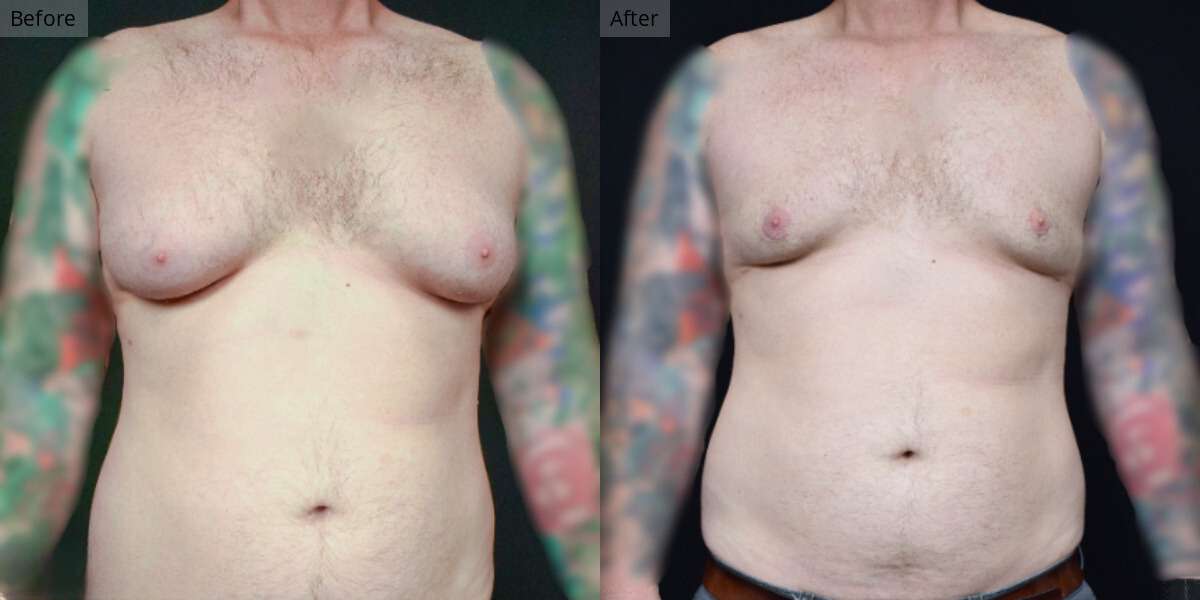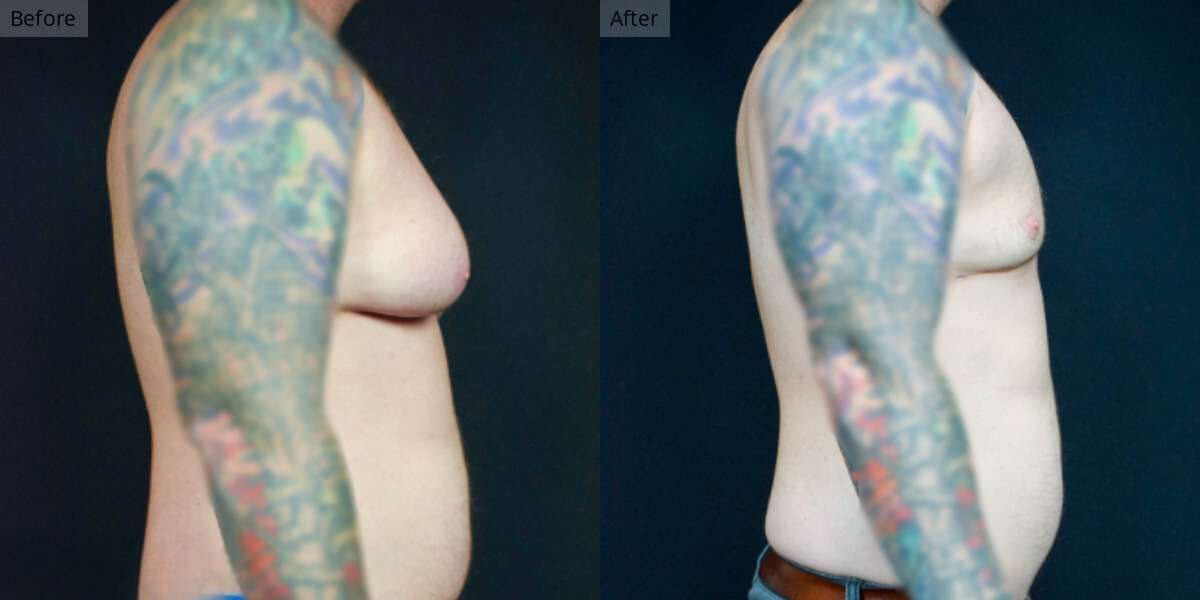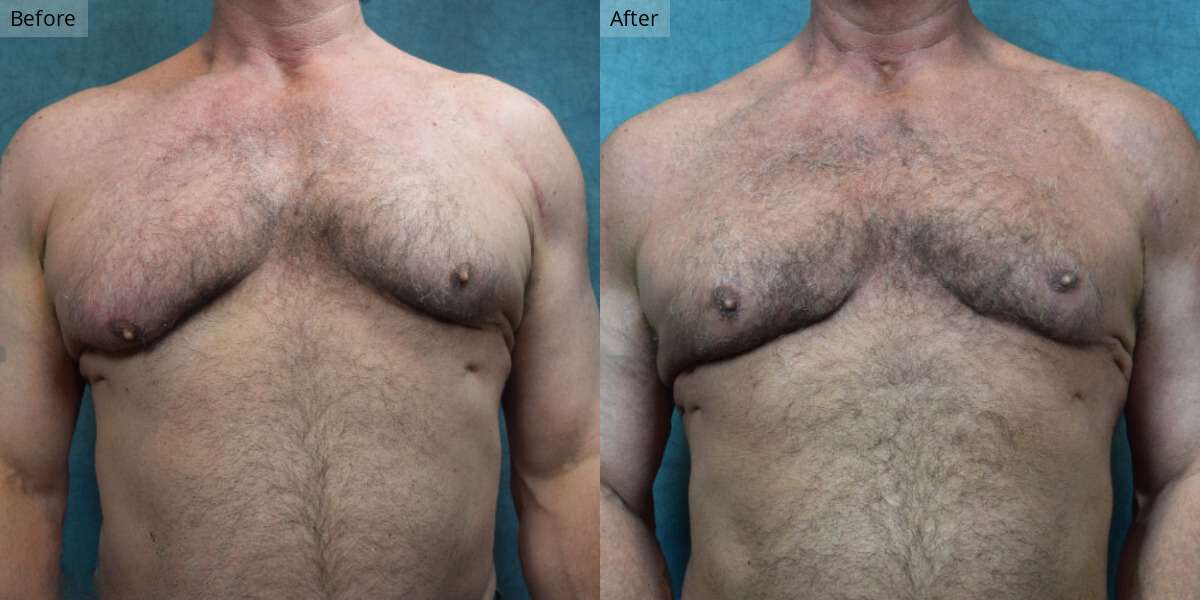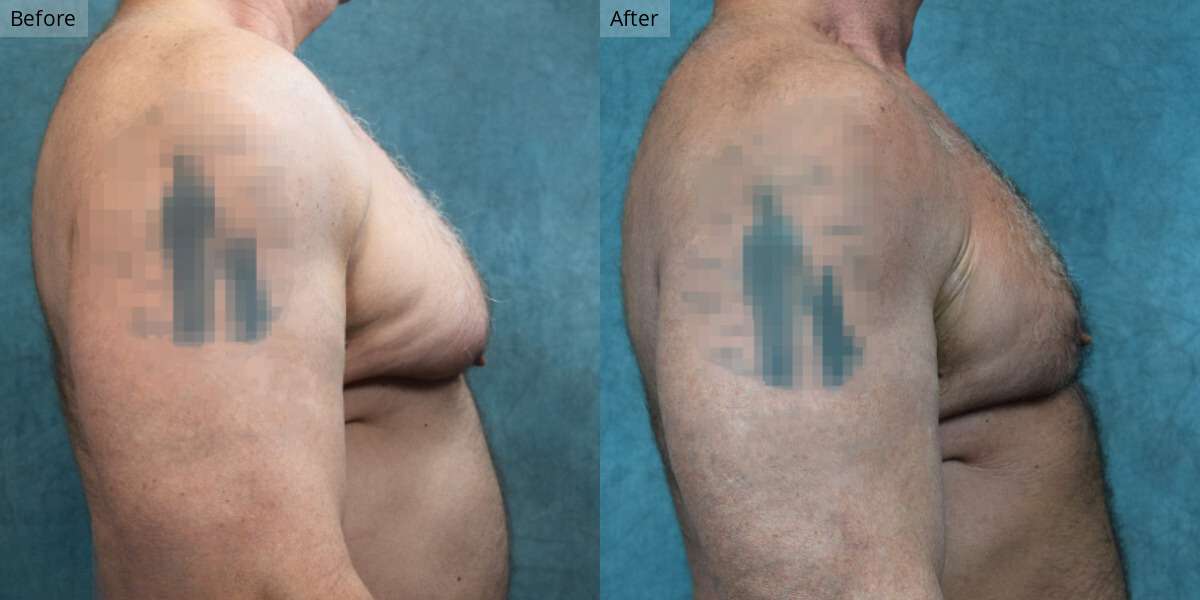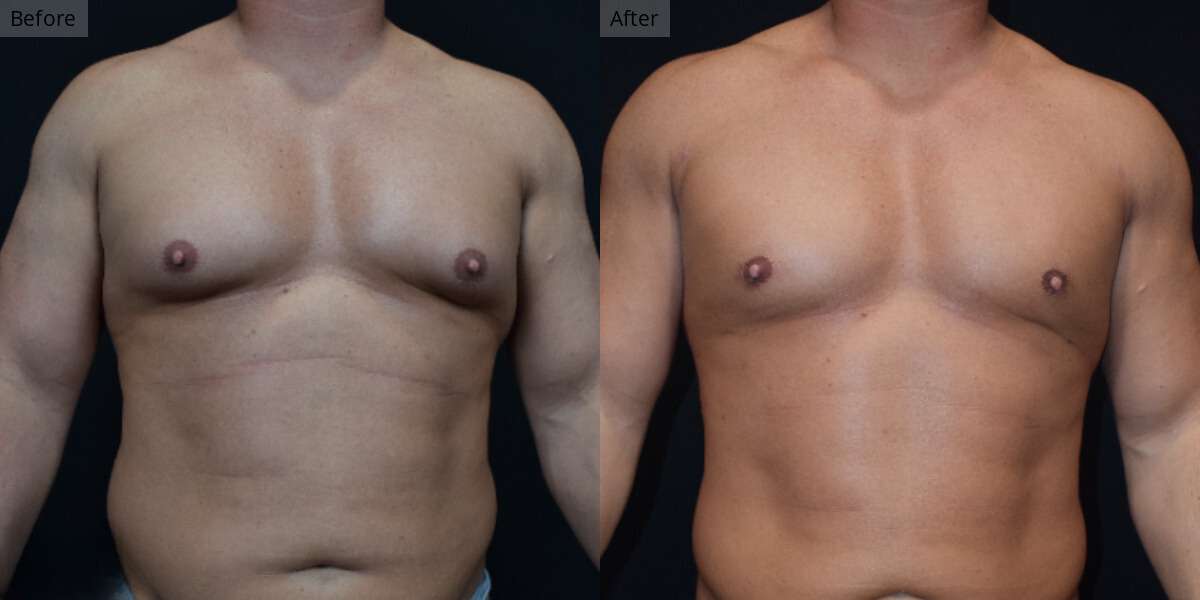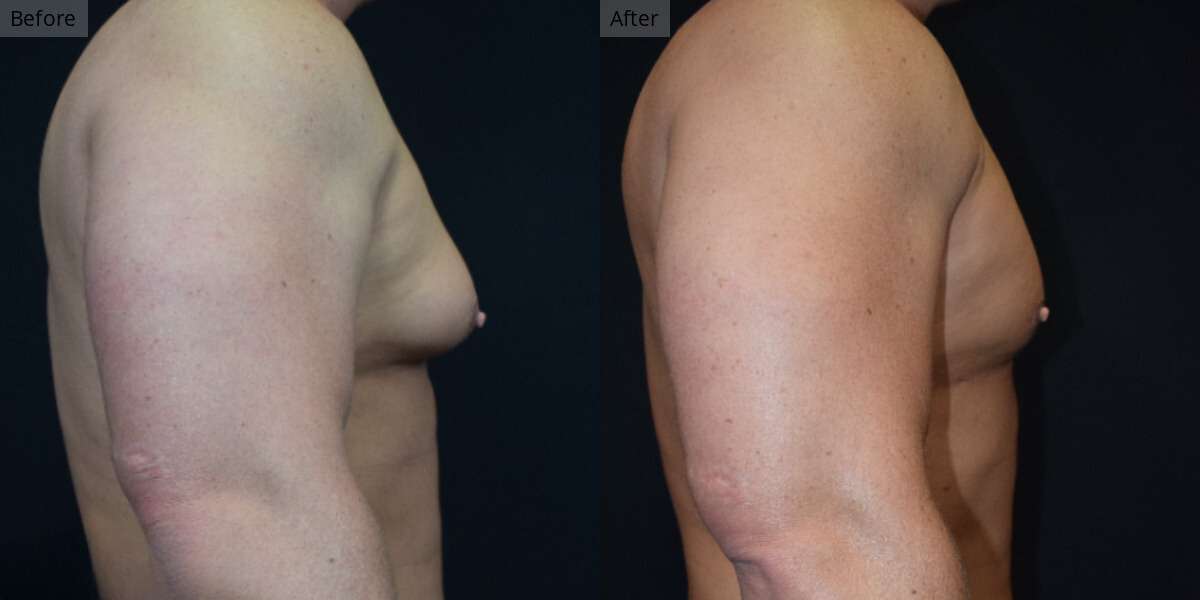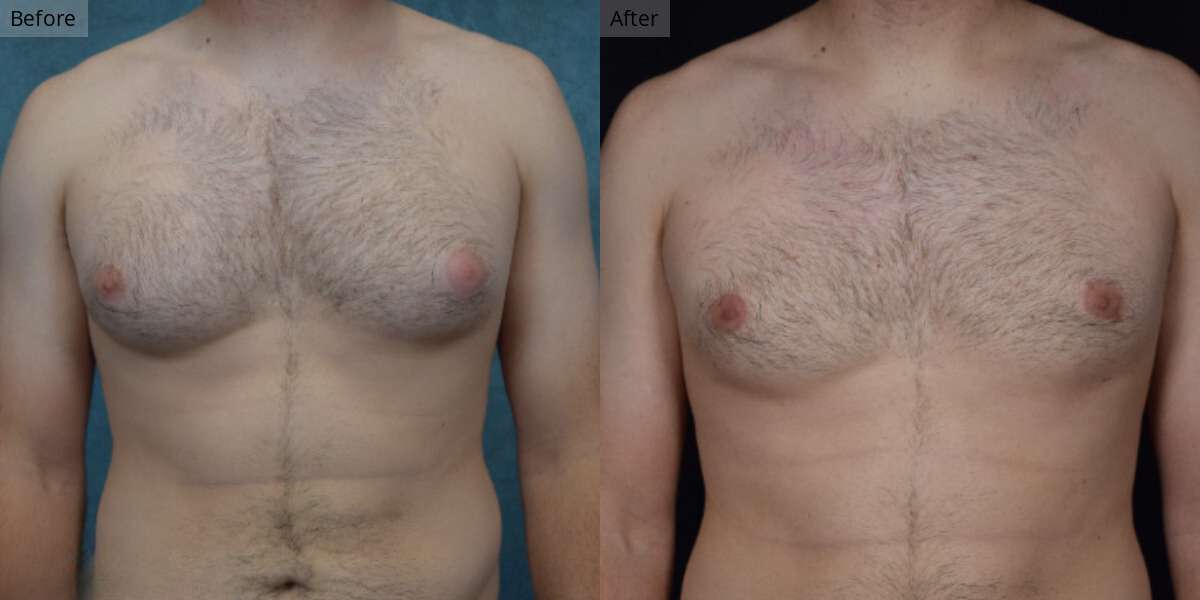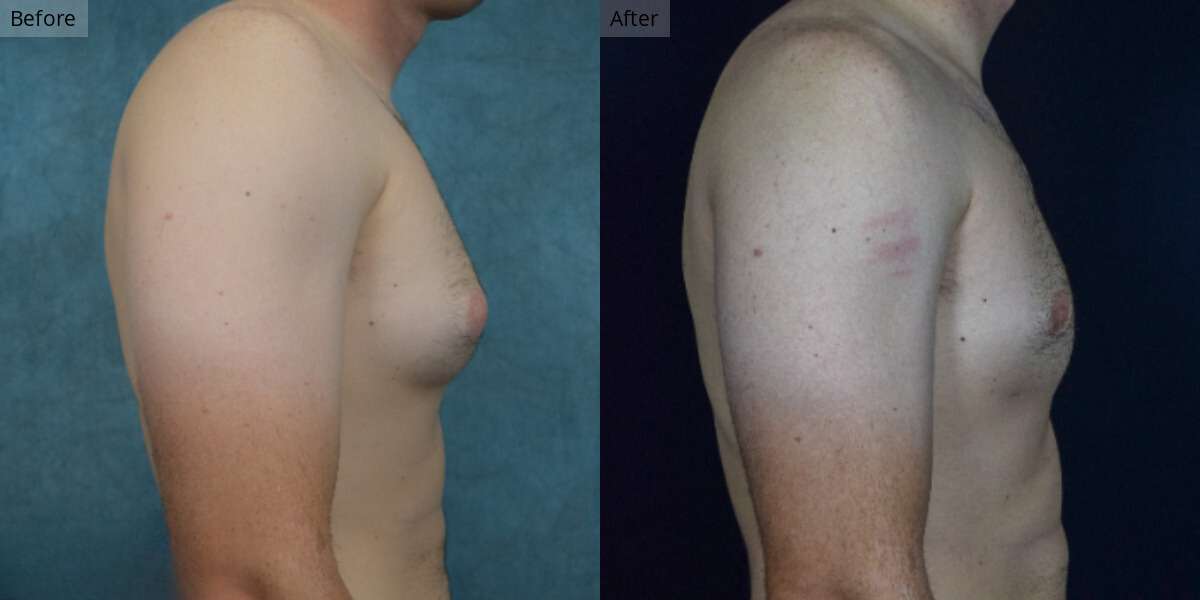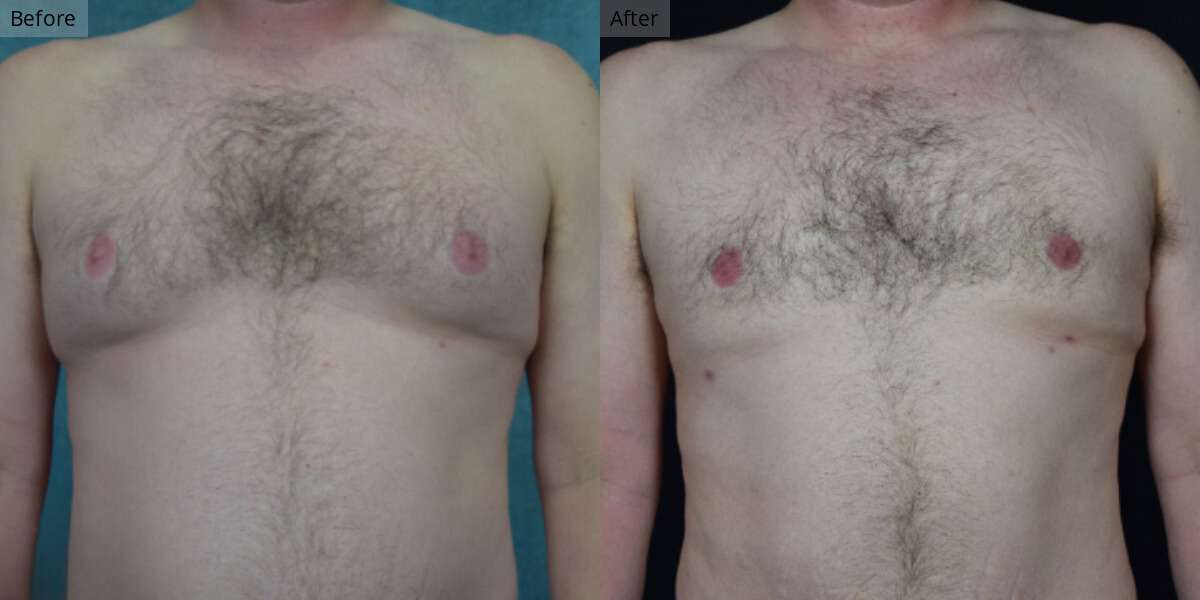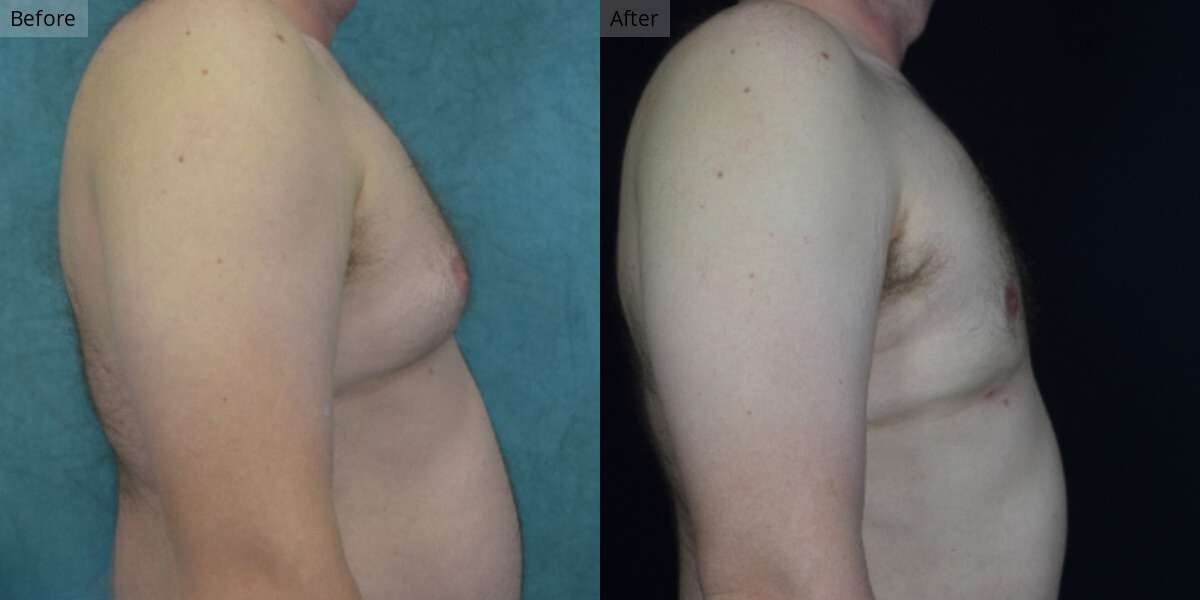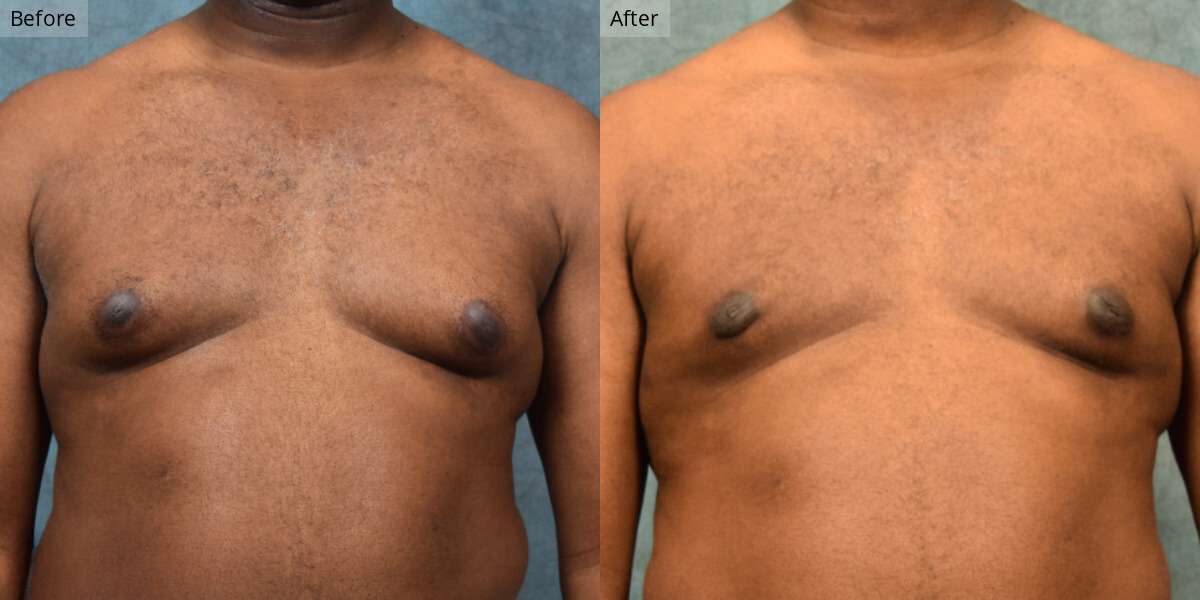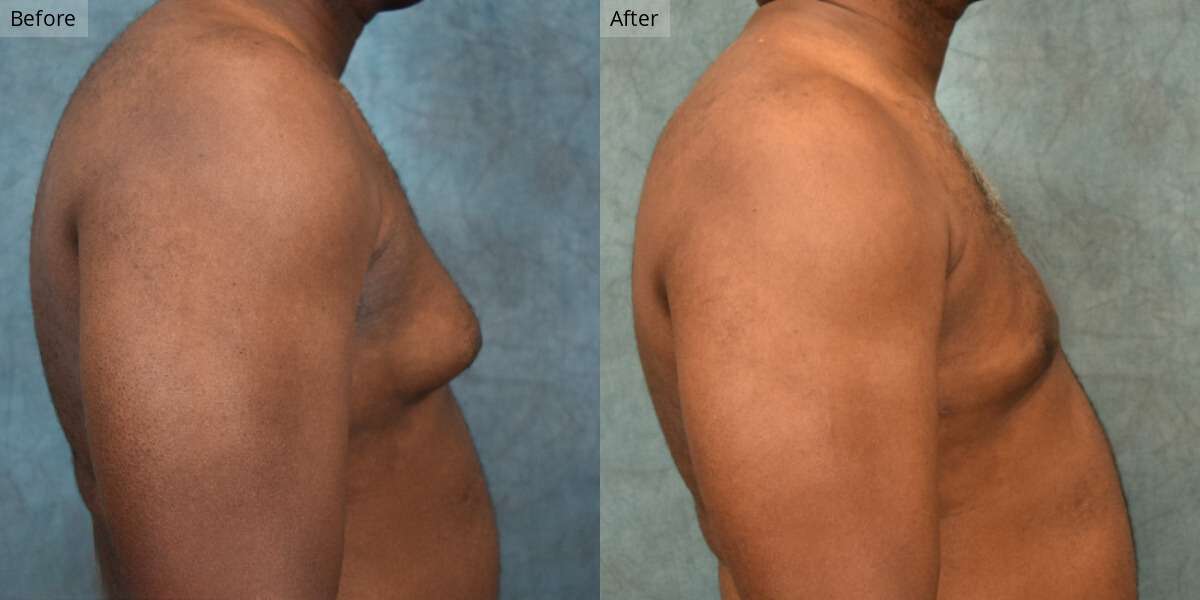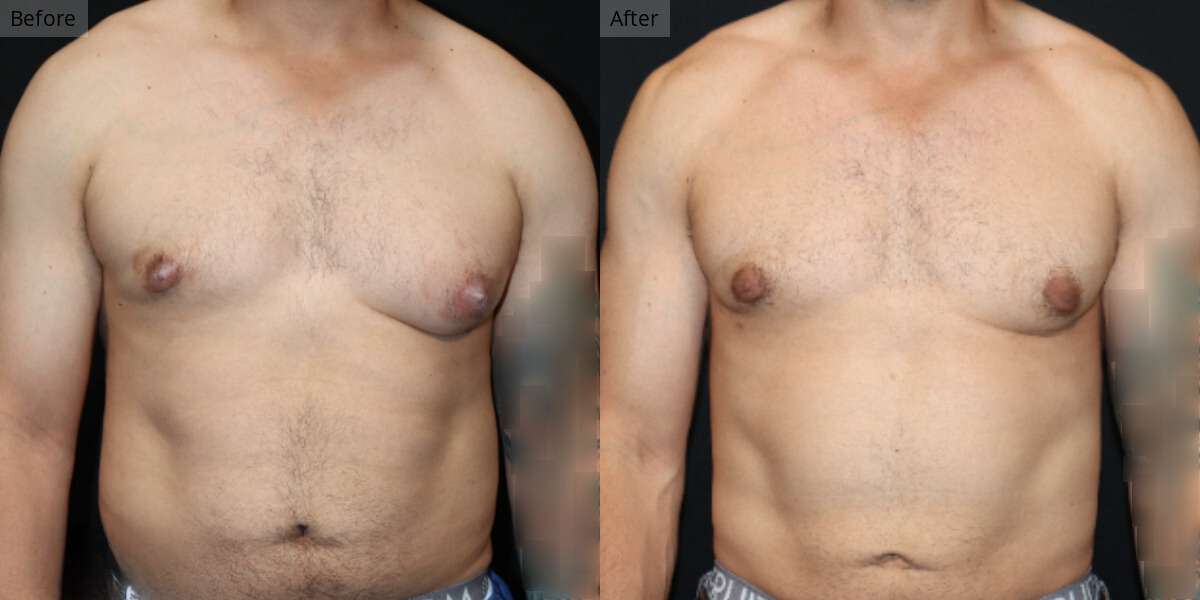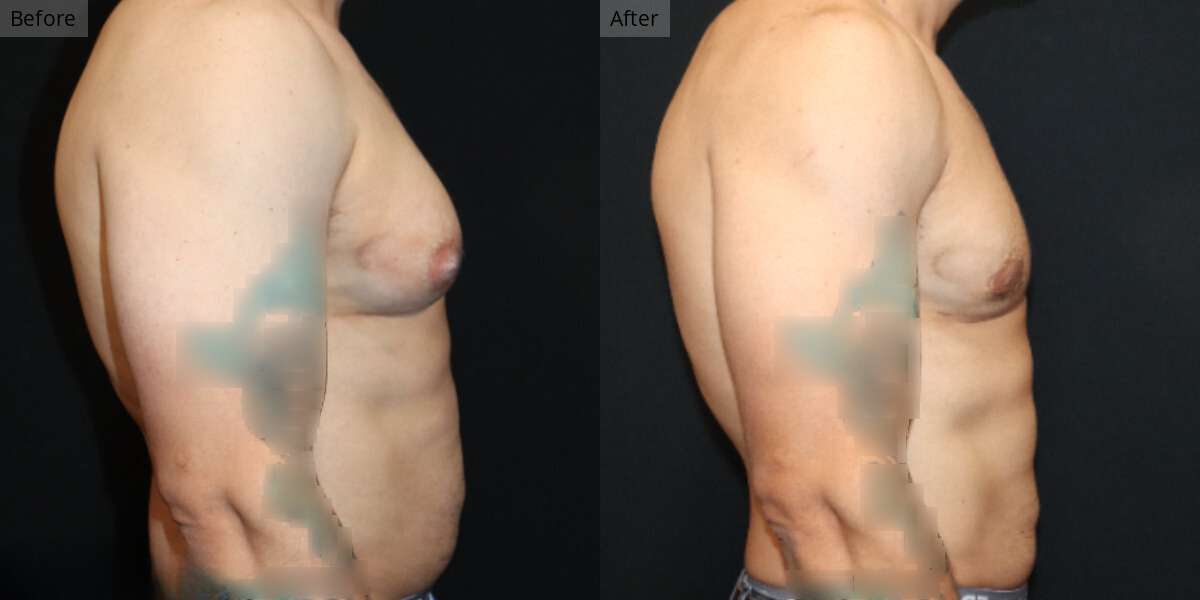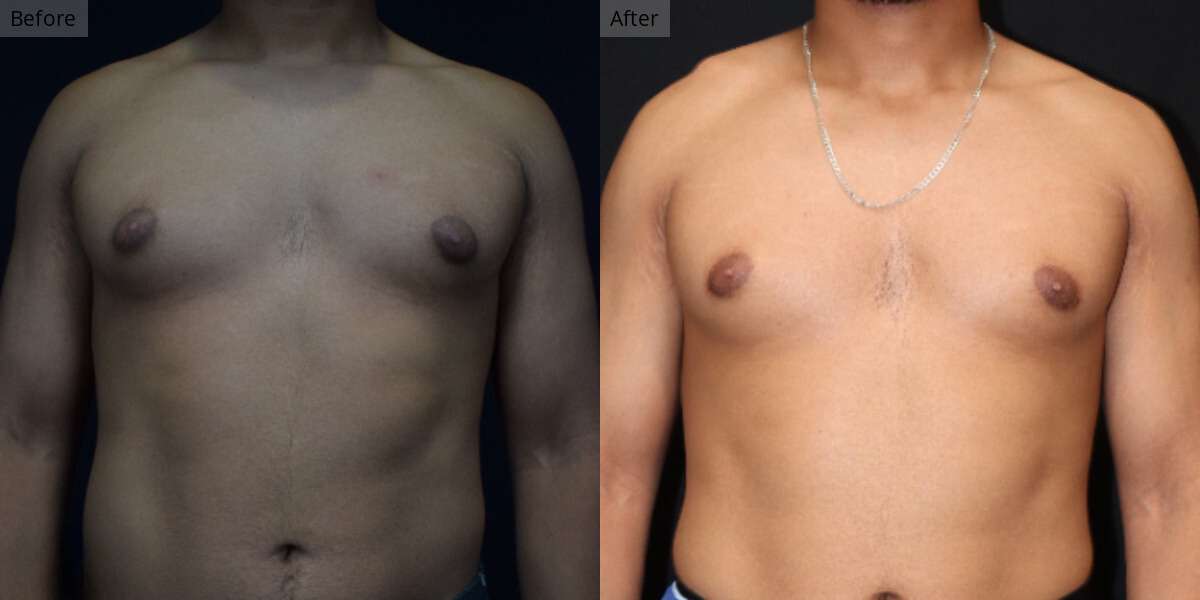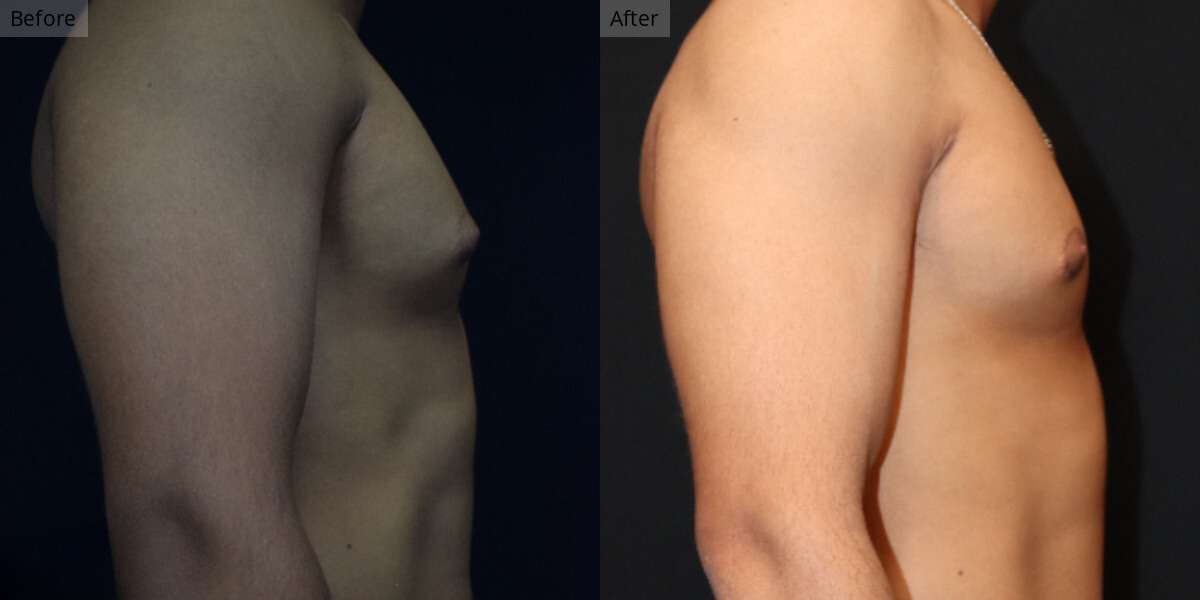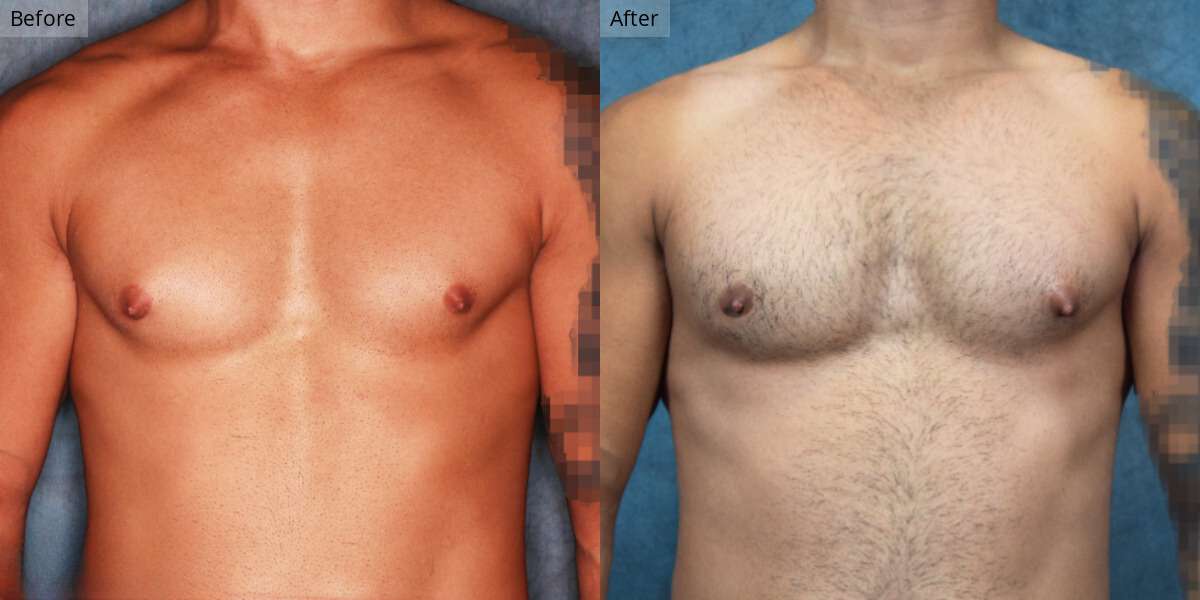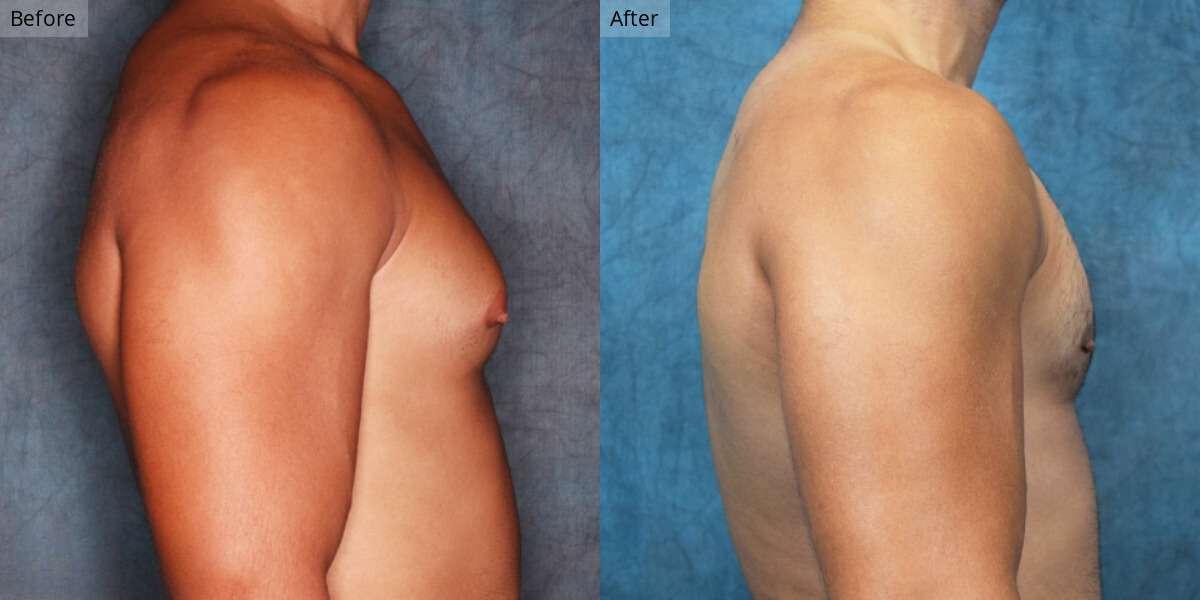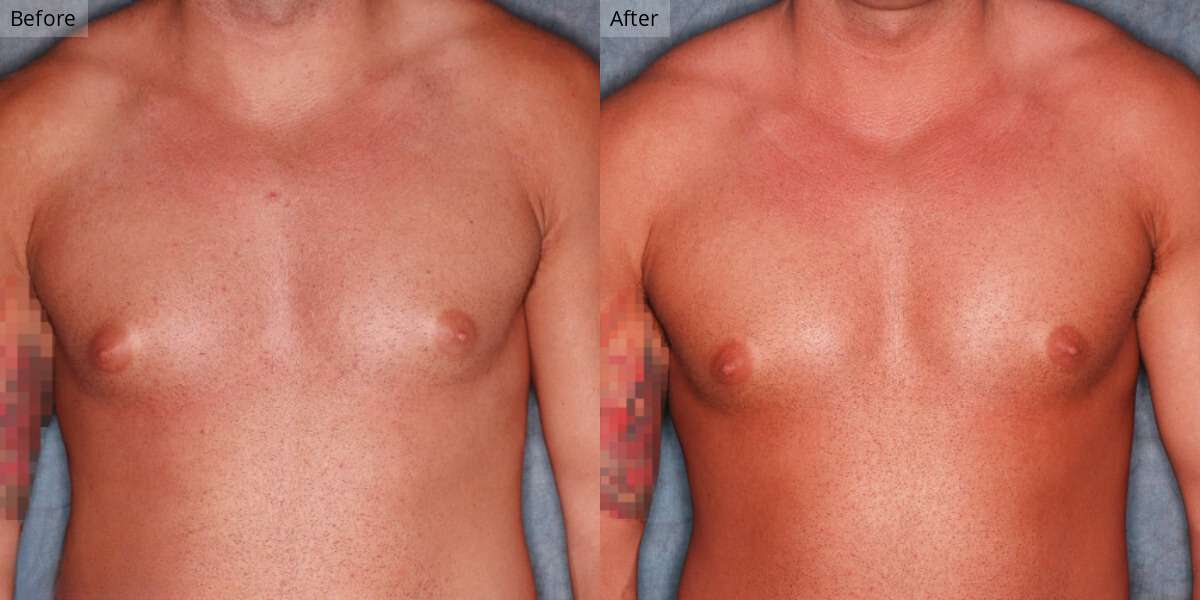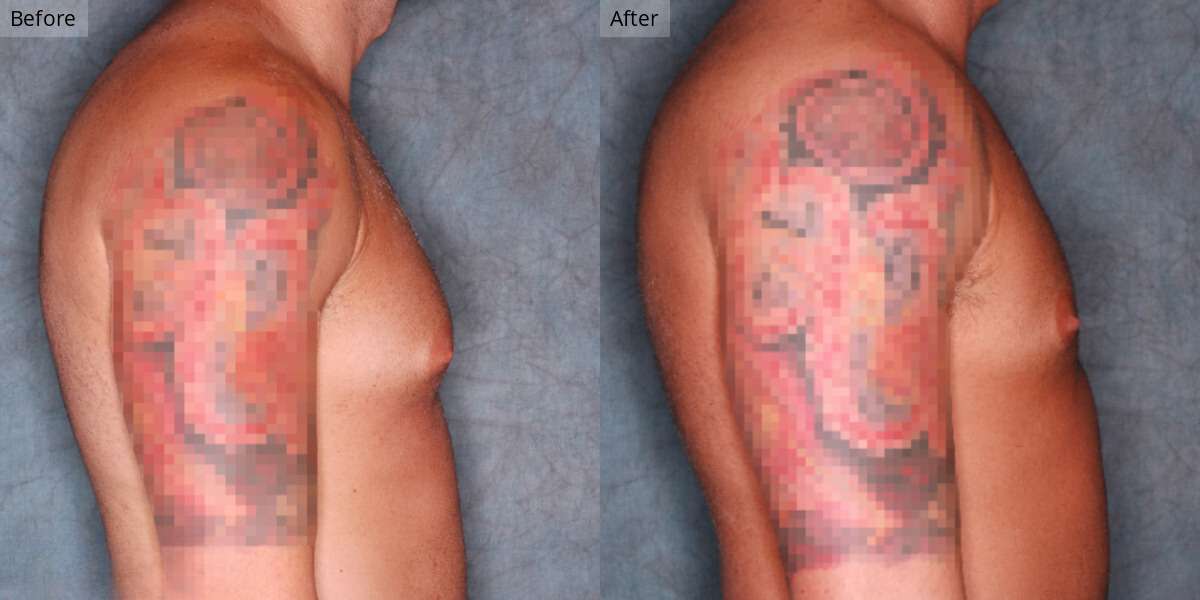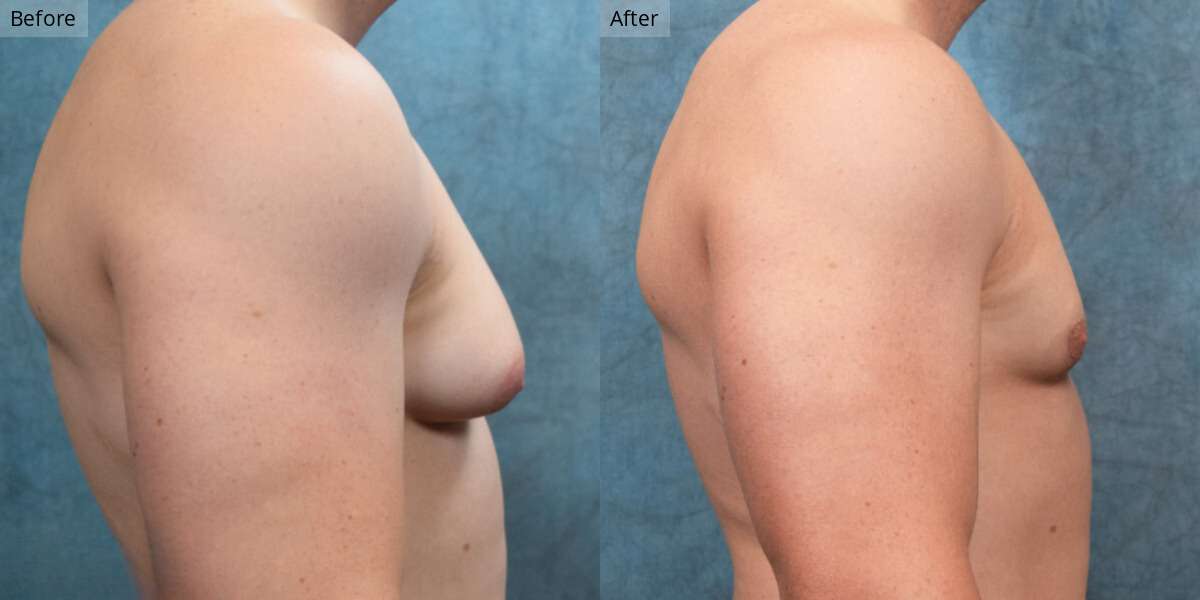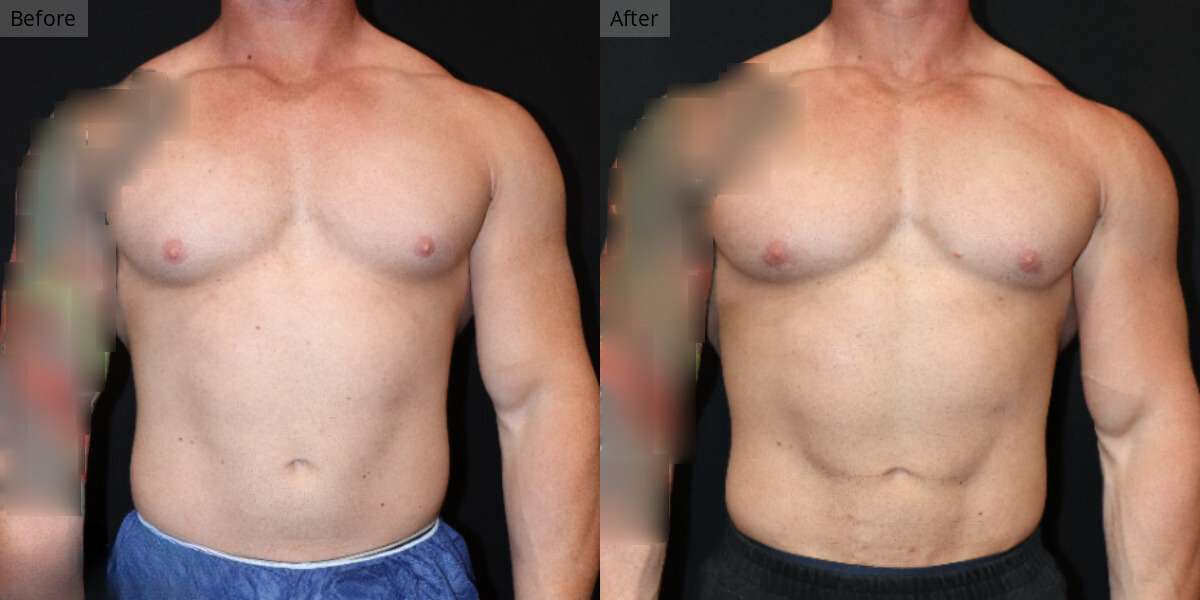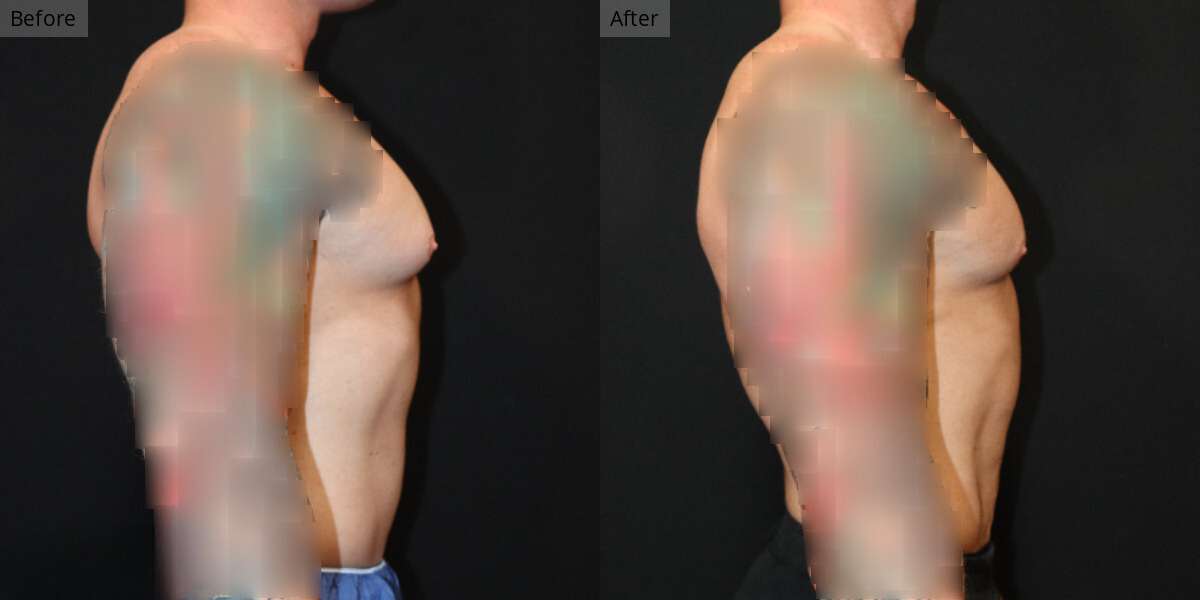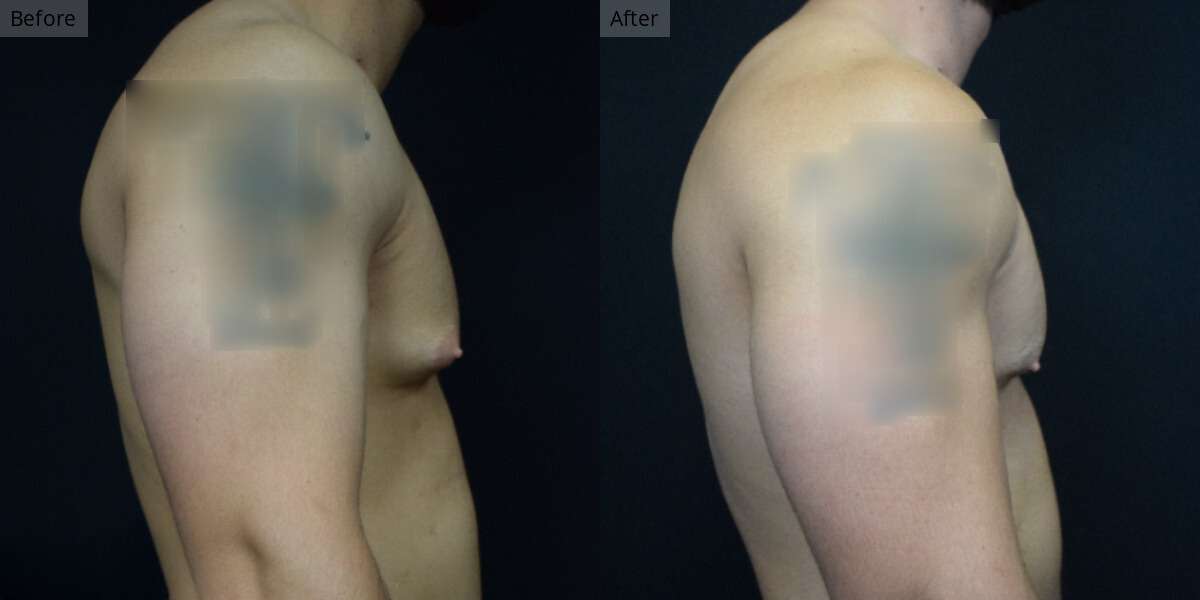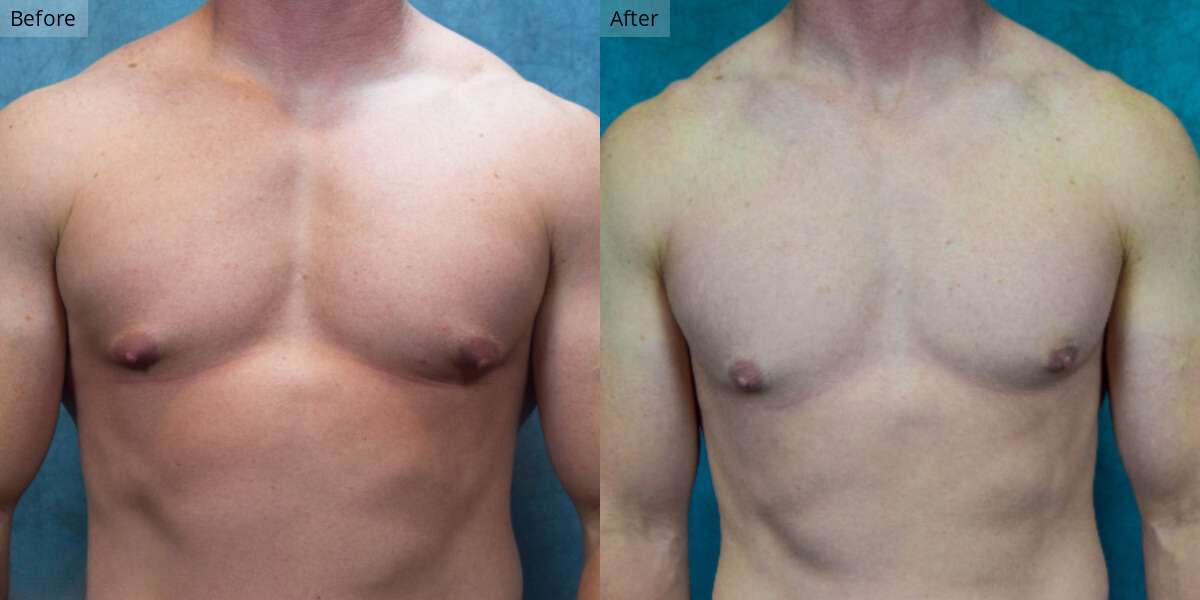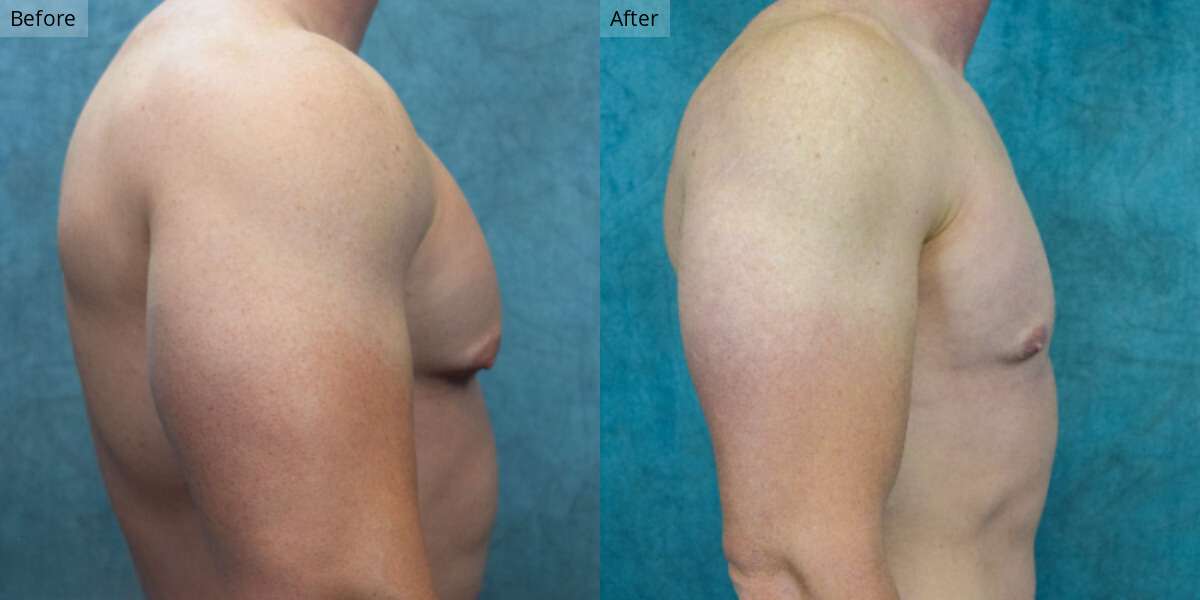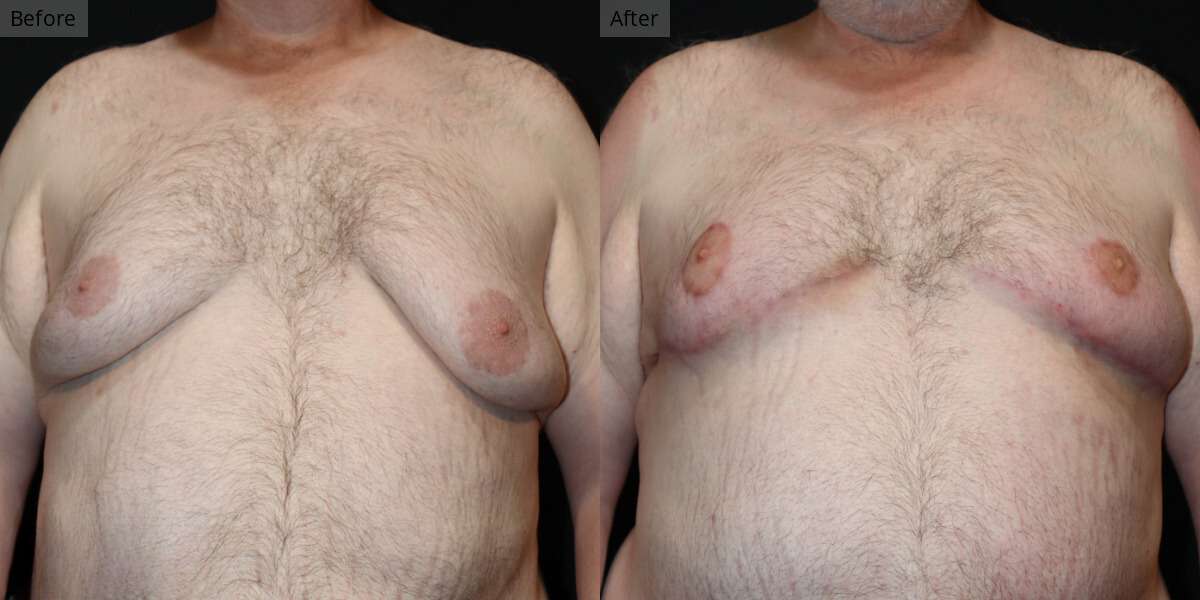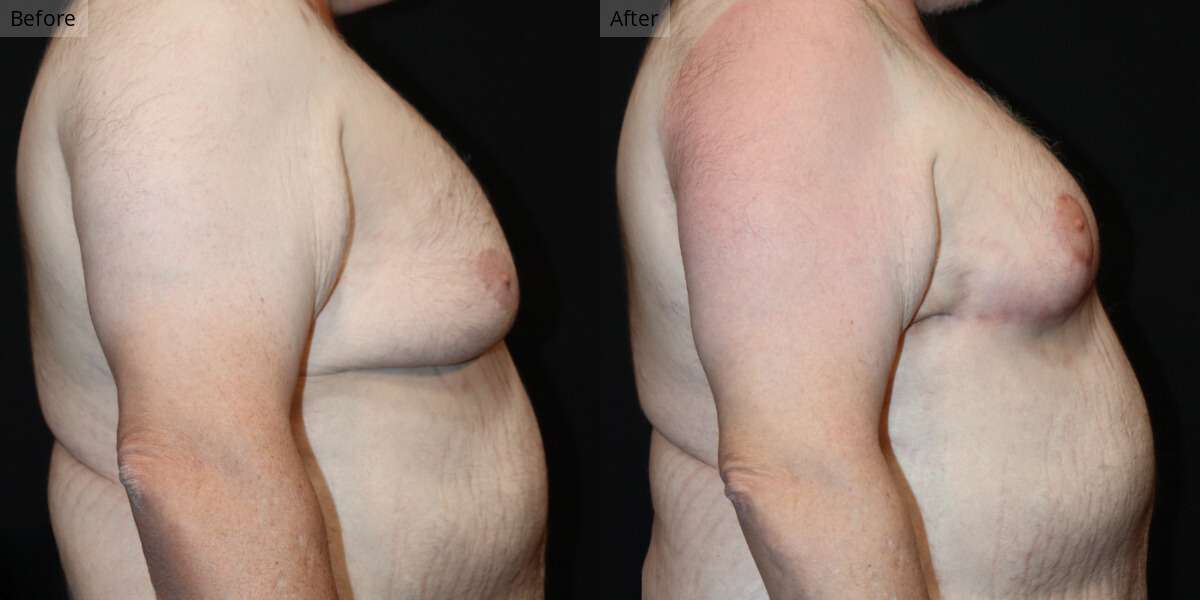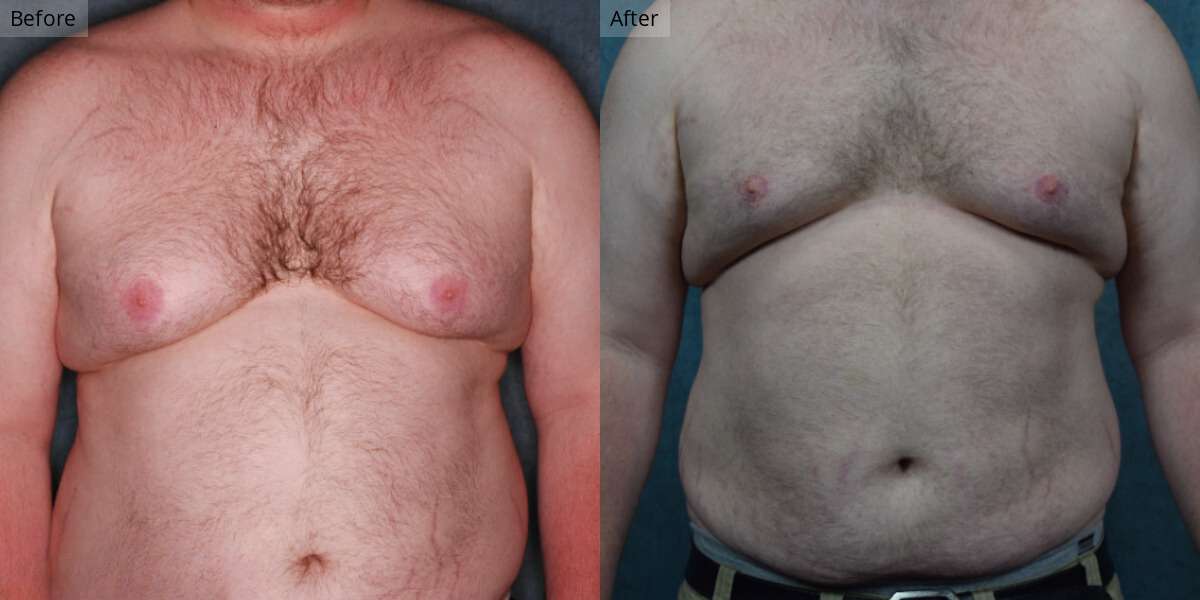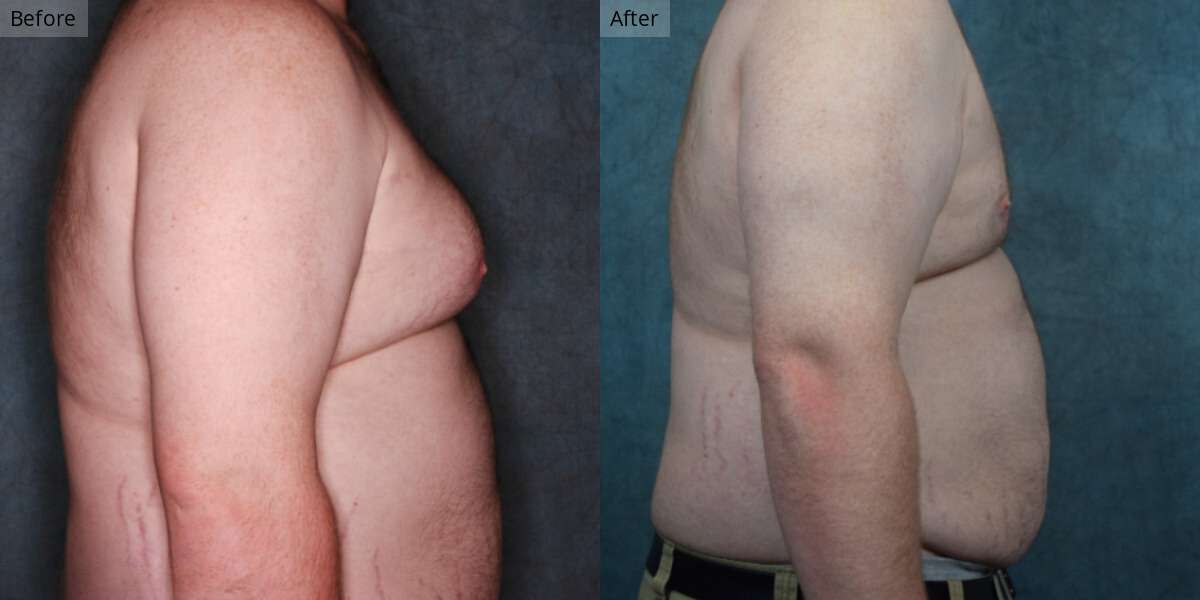Causes of Gynecomastia
Gynecomastia is more common than you think, but that doesn’t make it any easier to deal with. It can cause discomfort, embarrassment, and even a loss of confidence. But the good news is, you don’t have to live with it. Whether you’re dealing with it from birth or later in life, cash-pay gynecomastia surgery in Las Vegas offers a solution tailored to your needs, with no hidden insurance red tape.
What Causes Gynecomastia?
Gynecomastia develops when hormone levels become unbalanced, leading to the growth of male breast tissue. This imbalance often involves a rise in estrogen levels or a drop in testosterone. While the condition can be linked to hormonal shifts, it’s also triggered by specific life stages and health issues.
Infancy, puberty, and aging are times when the body naturally shifts hormones, often causing temporary breast tissue growth. For others, lifestyle choices like drug or alcohol use, or taking certain medications, can also bring about gynecomastia. In some cases, it’s tied to underlying health issues, such as chronic diseases or obesity.
Schedule a Consultation
Causes of Gynecomastia
Infancy
Babies, both boys and girls, may be born with enlarged breast tissue due to the mother’s estrogen. This usually regresses a few weeks after birth.
Aging
As men age, testosterone levels drop and estrogen levels increase while body fat tends to rise. This can create an environment for gynecomastia to develop.
Adolescence
During puberty, hormonal shifts can temporarily cause breast tissue growth in boys. This is common and often resolves as hormone levels stabilize.
Anabolic Steroids
Using steroids for muscle growth can increase estrogen levels in the body, which may lead to gynecomastia.
Substance Abuse
Drugs like marijuana and alcohol can disrupt your hormone balance, making gynecomastia more likely.
Medications
Certain drugs, including antidepressants, heart medications, and anti-anxiety pills, are known to contribute to gynecomastia.
High Body Fat %
Excess body fat raises estrogen levels, which can cause breast tissue to grow in men.
Underlying Health Conditions
Disorders such as hypogonadism, hyperthyroidism, and kidney disease can alter hormone levels and lead to gynecomastia.
Before & After Surgery Results
The full impact of gynecomastia surgery is best appreciated after the healing process is complete. Below are a few examples showcasing our before and after results. To see more transformations, follow the link below.
Things That Cause Gynecomastia
Infancy and Puberty
Infants often develop gynecomastia at birth because of the estrogen they receive from their mother during pregnancy. This typically resolves within a few weeks, leaving no lasting effects.
Similarly, boys going through puberty might notice swelling in the chest as hormones fluctuate wildly. This is usually temporary, with the breast tissue shrinking as puberty ends and testosterone levels rise.
Most cases of gynecomastia during these stages don’t need medical treatment. However, for some, the condition may persist, leading to emotional distress and a desire for surgical correction later in life.
Substance Abuse and Alcoholism
Substance abuse, particularly with drugs like marijuana, heroin, or amphetamines, can interfere with normal hormone production. Marijuana use, for example, has been shown to increase estrogen levels in men.
Alcoholism is another major contributor to gynecomastia. Chronic drinking damages the liver, which plays a role in regulating hormone levels. Over time, this can cause testosterone to drop and estrogen to rise, triggering gynecomastia.
Both substance abuse and alcoholism have long-term effects on the body, which can make gynecomastia a permanent condition unless treated surgically.
Aging
As men age, their bodies produce less testosterone, but estrogen levels can remain the same. This shift in balance can cause breast tissue to enlarge. Additionally, older men often have more body fat, which naturally converts testosterone into estrogen.
Aging also brings about other health issues that can contribute to gynecomastia, such as liver disease or the use of certain medications. Surgery becomes an attractive option for older men who want to restore a more youthful, masculine chest.
For many, the combination of low testosterone and increased fat can make aging a frustrating time, but gynecomastia surgery offers a path to reclaim confidence.
Anabolic Steroids
Anabolic steroids, while used for muscle growth, come with a hidden downside: they can throw off your body’s hormone balance. Steroids increase estrogen levels, causing breast tissue to grow even as your muscles expand.
The more frequently and heavily you use steroids, the more likely you are to develop gynecomastia. It’s not just a temporary issue, either—once the tissue has developed, it can be permanent without surgery.
For athletes or bodybuilders looking to correct this, gynecomastia surgery offers a quick and effective solution without impacting their fitness goals. Many of our patients are well known professional athletes. Having gynecomastia has the stigmata of steroid abuse and therefore may be harmful to their credibility and careers. Having a correction with no detectable scars and privately done in a center of excellence is of paramount importance to them.
Chronic Diseases
Certain chronic diseases can upset the body’s natural hormone balance, leading to gynecomastia. Conditions like liver disease, kidney failure, and hyperthyroidism can alter how your body processes hormones.
These health issues can reduce testosterone levels or increase estrogen, resulting in the development of male breast tissue. In these cases, treating the underlying condition may not be enough to reverse gynecomastia.
For many men, especially those with long-term illnesses, surgery is the best option to get lasting relief from gynecomastia symptoms.
Hypogonadism
Hypogonadism occurs when the body doesn’t produce enough testosterone, leading to a range of symptoms, including gynecomastia. This can happen at any age and is often linked to genetic conditions, injury, or certain diseases.
The lack of testosterone allows estrogen to become the dominant hormone, causing breast tissue to grow. While hormone therapy can help, surgery is often needed to remove the existing breast tissue.
Men with hypogonadism often find surgery to be the most effective way to restore a more masculine appearance, boosting both their physical and emotional well-being.
High Body Fat Percentage
Carrying excess body fat doesn’t just add weight; it increases estrogen levels, which can stimulate the growth of breast tissue in men. Fat cells convert testosterone into estrogen, and the more fat you have, the higher the risk of gynecomastia.
Losing weight can help reduce the appearance of male breasts, but it won’t always resolve the problem entirely. Once the glandular tissue has developed, surgical removal may be necessary to achieve a flat chest.
Surgery is often the only way to fully resolve gynecomastia for those with high body fat, especially if the condition has persisted for years.

